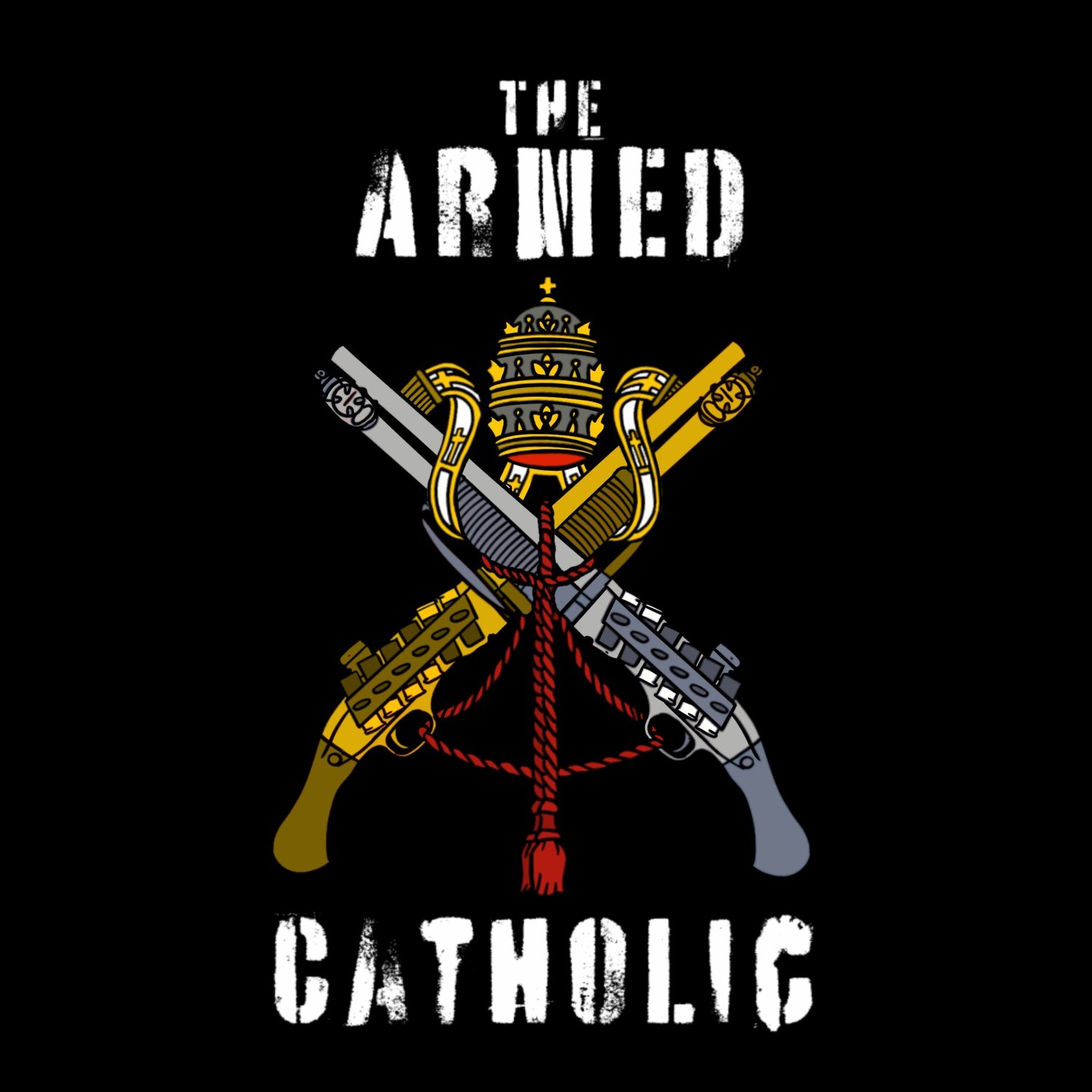Catholics & Guns
Modern Church will tell you that you cannot be a Catholic and use a firearm. The Catholic Church has a rich history of using firearm in a correct sense. From Saints to layman, there are many examples of their use in our history.
Saint Gabriel Possenti
From Catholicism.org:
One could not imagine a more unlikely person to be honored as the patron of marksmen than the humble and gentle Saint Gabriel Possenti, also called by Pope Benedict XV, who canonized him, the patron saint of youth. He was given the latter title because he died at the tender age of twenty-four. How he earned the former, we shall explain.
It is somewhat a surprise to discover, in the annals of his life, a unique and almost humorous event that has earned for him the title Patron of marksmen. During the Masonic revolution that was sweeping the Papal States in 1860, bands of brigands, who were somewhat loosely attached to the “army” of Garibaldi, were raiding the villages in their path, looking for plunder, food, and satisfaction for their other unlawful desires. The superior of the Passionist monastery ordered the place locked, and sent all the brothers to the chapel to pray that God deliver the town from this reign of terror. After prayer, Brother Gabriel asked for and received permission to go into the town alone to see what he could do to help. At his arrival, he found that many homes already had been plundered and set afire. There were bands of drunken soldiers hollering and looting and brandishing their pistols. The scene of anarchy was enough to rouse just anger in the gentlest heart.
As he was surveying the horrible scene, Gabriel heard the screams of a young woman being dragged from her home by a drunken soldier. He quickly ran to her aid and, grabbing a pistol from the holster of her assailant, ordered that he leave the town at once, taking all the others with him. Almost immediately a second soldier was commanded to drop his weapons, which the astonished brigand did at once. The cries of the two captives soon brought the sergeant and several other members of his detachment. Seeing the monk now armed with two pistols and obviously in no mood to dialogue, the marauders slowly gathered in front of him, keeping their hands on their pistol grips in case any trouble required the use of them. They were certain this boy monk would be no problem for them, the mighty army of the Republic!
The sergeant made a sarcastic remark about a young monk thinking he could stop a whole armed company, but Gabriel merely smiled and told them to lay down their arms so no one would be harmed. Suddenly a small lizard darted onto the street from its secret hiding place some yards away. Instantly Gabriel’s hunting instincts returned and without even so much as a casual aim, the young monk severed the reptile’s head with one perfect shot from the pistol. Again he repeated his request for the men to disarm, a request they fulfilled without further comment. The saintly young brother then demanded that they put out the fires they had started, empty their sacks and pockets of all loot, and march out – all of them – to the end of town. Saint Gabriel escorted them personally, no doubt admonishing them for their misdeeds all the while.
It is clear that Saint Gabriel of the Most Sorrowful Virgin did not hesitate to use his earthly talents to humble the enemies of the Church, and thereby to be God’s answer to his own prayer. For his chilvary in defense of a lady, and for his patriotism in defense of the village (and to his own embarrassment), the grateful townsfolk escorted the monk with prayers and chanting back to the monastery. Two short years later he would be accompanied by his only true Lady to a celestial mansion with the sound of angel voices ringing in his ears.
It is alleged against me, and with perfect truth, that I stopped on the way to drink a glass of milk in one shop and to buy a revolver with cartridges in another. Some have seen these as singular wedding-presents for a bridegroom to give to himself, and if the bride had known less of him, I suppose she might have fancied that he was a suicide or a murderer or, worst of all, a teetotaller. They seemed to me the most natural things in the world. I did not buy the pistol to murder myself—or my wife; I never was really modern. I bought it because it was the great adventure of my youth, with a general notion of protecting her from the pirates doubtless infesting the Norfolk Broads, to which we were bound; where, after all, there are still a suspiciously large number of families with Danish names. I shall not be annoyed if it is called childish; but obviously it was rather a reminiscence of boyhood, and not of childhood.
— G. K. Chesterton
The Autobiography (44-45)


